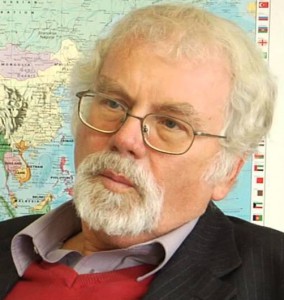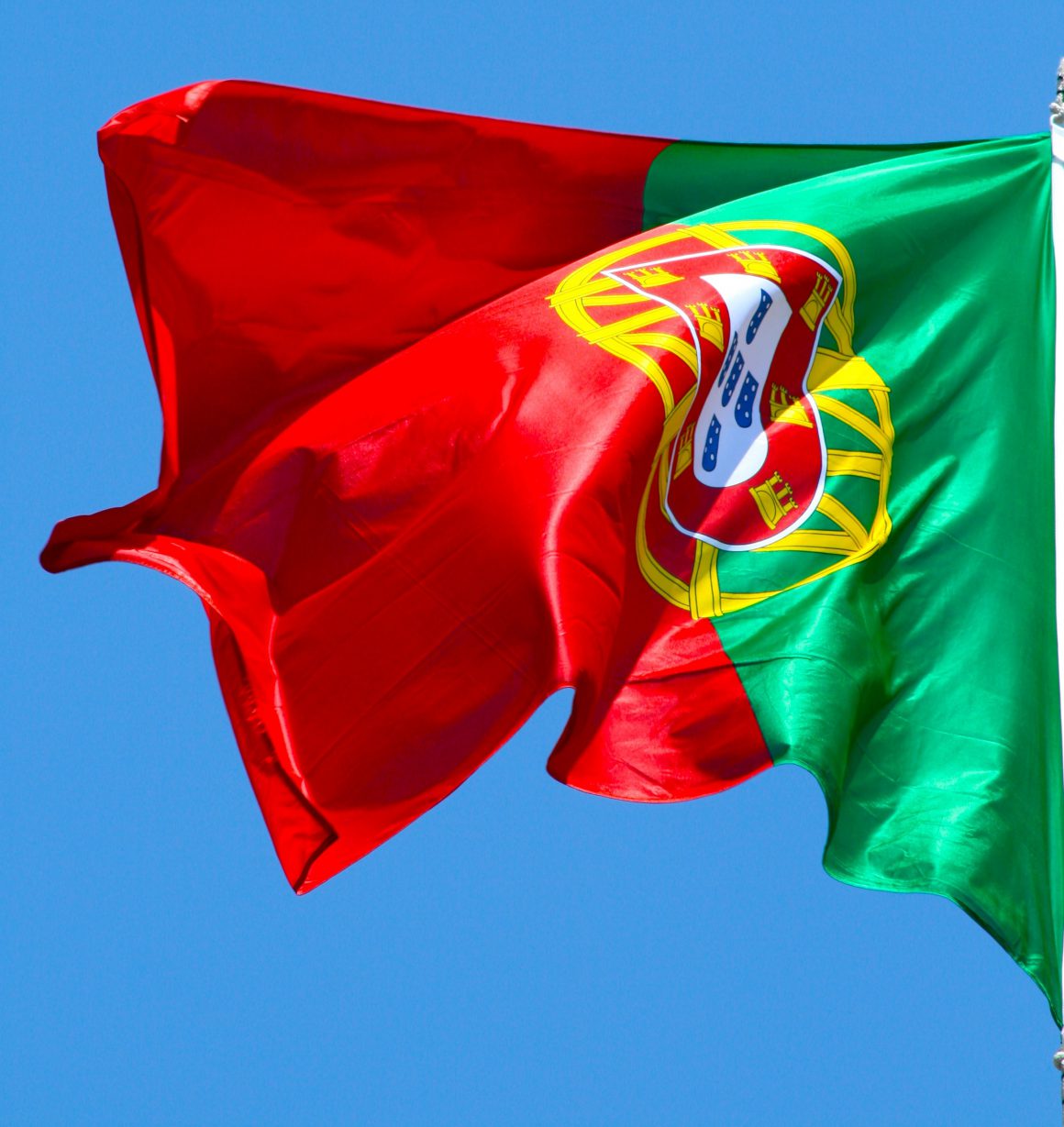While Greece continues to give nightmares to both European politicians and public, Portugal appears to have emerged from the worst difficulties in recent years and have swallowed the Troika’s bitter pill with prospects of soon overcoming its serious economic crisis. Its political leaders do not cease to emphasize that they have successfully – they say – done their “domestic chores” of required reforms. Here there are no strong parties like Syriza or Podemos but is it really true that Portugal is a sort of “better Greece”?
When Portugal joined the European Community in 1986, together with Spain, five years after Greece, like Greece, it was one of the two poorest of the then twelve member states. Then the two were always at the bottom of the list, alternating in last place but closing the gap behind the others, until the major enlargement in 2004. According to 2014 data, Portugal would now stand at 78% of the EU average in terms of GDP per capita in purchasing power equivalences, compared to 72% for Greece. Obviously, this average fell sharply due to the enlargement from 15 to 28 member states and these countries’ GDP fell from 2008 by an estimated 7% and 25% respectively.
As explained by the analyst, J.Van Ginderachter in Revue du Marché Commun in 1987, with the expansion towards the three countries in the South, the Community had increased its total GDP by 10%, its population by 22%, its agricultural population by 57% and its regional problems “to say the least, by 100%.” Portugal and Greece, the most peripheral and partially island countries – those of Vasco da Gama, Magellan and Ulysses – were obviously much more part of this group, in proportion to their population than Spain, which was far more industrialised and more competitive in agriculture. And without doubt Spain made more skilful use than them of the substantial EU aid, which for Portugal, Greece and Ireland in certain years amounted to about 3-4% of their respective GDP.
In any case, after major modernisation programmes, let’s remember that before the “Carnation Revolution” (1974) Portugal still had a large illiterate population, and after approaching the European average in the 80s and 90s, in the next decade, along with the euro, the country went into a long period of economic stagnation with simultaneous foreign trade deficits and growing debt, a crisis that deepened with the common currency. In short, three decades of involvement in the EU, but above all joining the euro, have brought very unconvincing results.
Despite undoubted social, economic and obviously political and institutional advances linked to the EU, this left the country perhaps not much less marginalised in relative terms, with few truly competitive sectors and newly-growing social inequalities, amongst the most extreme in Europe. One might think that the massive privatisation policies, improved financing of the economy, and budgetary constraints, in the 90s, encouraged by the recipes and joining the Eurozone, took much of the responsibility for the subsequent difficulties…
But has Portugal successfully done its post-recession homework? For the renowned liberal-leaning Swiss daily, Neue Zürcher Zeitung, the country would be “an almost exemplary student,” but “the weakening of reforming zeal threatens the gradual recovery of the economy”. Angela Merkel and Prime Minister, Pedro Passos Coelho from the main right-wing PSD party, estimates, without any surprises, that the country would already be seeing light at the end of the tunnel, with improved macroeconomic figures, despite rising public debt.
From another point of view, in a report on the troika’s policies, issued in February in ARTE, a demographic source in Portugal foresees only six million inhabitants there by 2030 –as against more than ten million today, due to the massive emigration which started a few years ago, and shows a Portuguese business leader surprised by the troika demands:.. “We ourselves”, he says, “had not even proposed eliminating collective agreements, it was the Troika!”
Portugal experienced large scale emigration in the 60s and 70s, partly for political reasons, and also the ruinous colonial war involving three years of dangerous military service for many. Today there is an equally huge wave of emigration for purely economic reasons: at least 285,000 migrants in the past four years, according to a specialised observatory, and close to half a million according to the opposing Socialist Party (PS). But what distinguishes this one is the significant proportion of well-educated young people; as in Spain and Greece, this means a disastrous brain drain for the country’s future, which is often ignored in Brussels and Berlin. This migration, to a great extent directed towards Portuguese-speaking countries abroad such as Angola and Brazil, but who are now also going through their own crisis, is combined with acute ageing and lower birth rates in Western Europe, with a fertility rate of only 1.4 children per woman. If unemployment in Portugal has fallen to 12.1%, according to official figures, this could be explained mainly by the sharp drop in job-seekers, for reasons such as massive emigration of those actively seeking work, as well as an explosion of precarious and very badly paid jobs there…
Portugal has an economy which is clearly more diversified than Greece, and competitive in diverse fields, including some industries such as footwear, but much less so, obviously, than Spain, and its prospects remain uncertain. Not only in the most radical left is remaining in the Eurozone being questioned; a prominent economist who was adviser to former socialist president, Jorge Sampaio, agrees on this, emphasizing, for example, the close relationship between the euro, the trade deficit, stagnation, financial speculation, the property boom, excessive debt, greater inequalities and the end of national autonomy. It is tourism, aided by the situation in countries such as Tunisia, and the decrease in oil prices and the value of the euro which is improving the balance of payments. Unemployment, especially youth unemployment, is still significant, but does not touch Greek or Spanish levels. There have been major corruption scandals, such as the collapse of the main bank, questionable privatisations and the demise of the interior minister over the issue of “golden visas” for foreign millionaires, with money laundering from doubtful sources and the queues in the soup kitchens seem to be getting longer.
António Costa, President of the PS and candidate for prime minister after the general elections on 4 October, promises less aggressive austerity than the policies which have brutally slashed wages, pensions and social benefits in recent years, scrapped several public holidays and increased taxation – and an emphasis on efforts in education. The radical Left is divided between the old Communist Party, the more recent Bloco de Esquerda and the Livre party founded in 2014 which, in total, should attract 15 to 20% of the vote. But it was the previous PS government of Prime Minister Jose Socrates, who initiated the policy of austerity, and he himself has just completed a ten month prison sentence on serious charges of corruption and money laundering. A substantial change seems unlikely, as there is no love lost between moderate and radical left, diverging radically, in particular, over the euro. But perhaps a PS government supported critically by these forces would be a moderately different alternative to the usual centrist options that have brought the country to this point of serious recession…
 Viktor Sukup is a European and International Affairs and analyst as well as a regional integration expert. He is a former professor of international economy at the Universidad de Buenos Aires during the 1990s and civil servant at the European Commission between 2000 and 2012. He is the author of “Europe and Globalisation”, Buenos Aires, 1998. Additionally, he serves on the board of the Club de Roma/Bruselas. This article was initially published as op-ed on Katoikos.eu on 18 September 2015 and is now republished under Highlights in view of the 4 October elections in Portugal.
Viktor Sukup is a European and International Affairs and analyst as well as a regional integration expert. He is a former professor of international economy at the Universidad de Buenos Aires during the 1990s and civil servant at the European Commission between 2000 and 2012. He is the author of “Europe and Globalisation”, Buenos Aires, 1998. Additionally, he serves on the board of the Club de Roma/Bruselas. This article was initially published as op-ed on Katoikos.eu on 18 September 2015 and is now republished under Highlights in view of the 4 October elections in Portugal.


